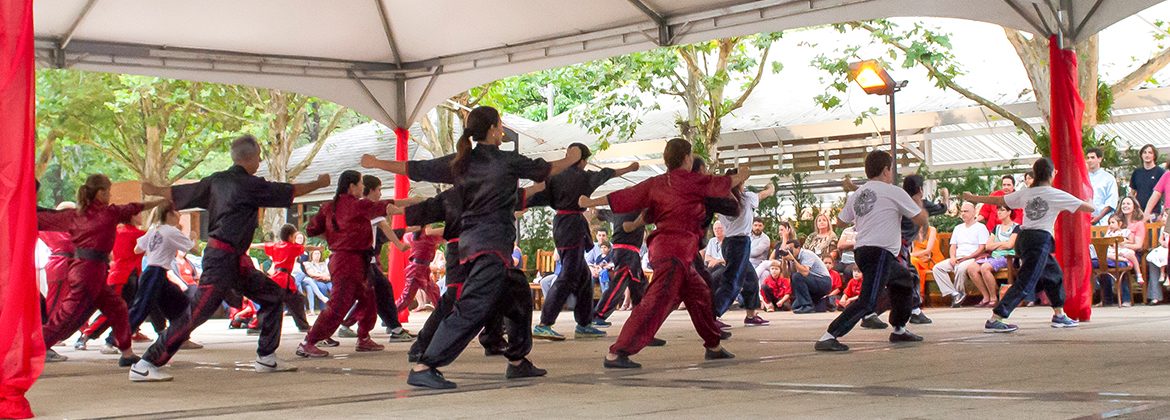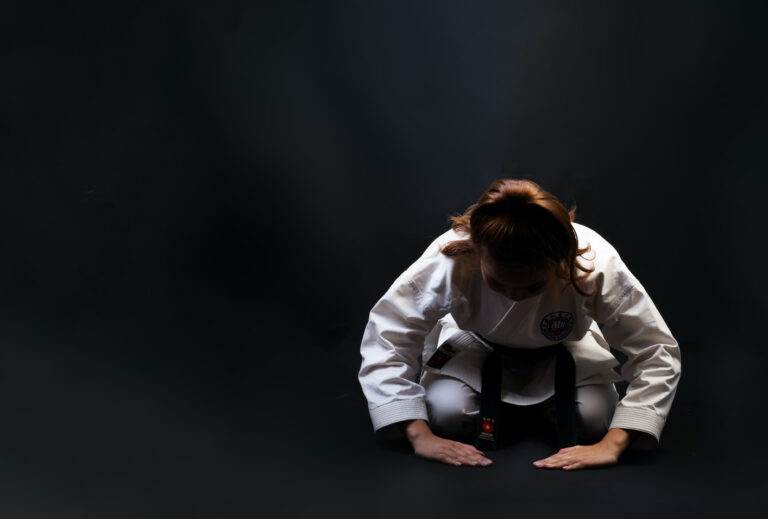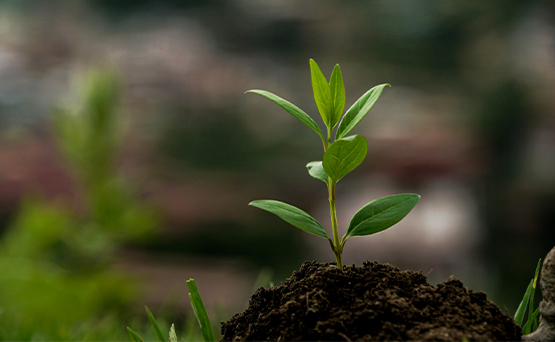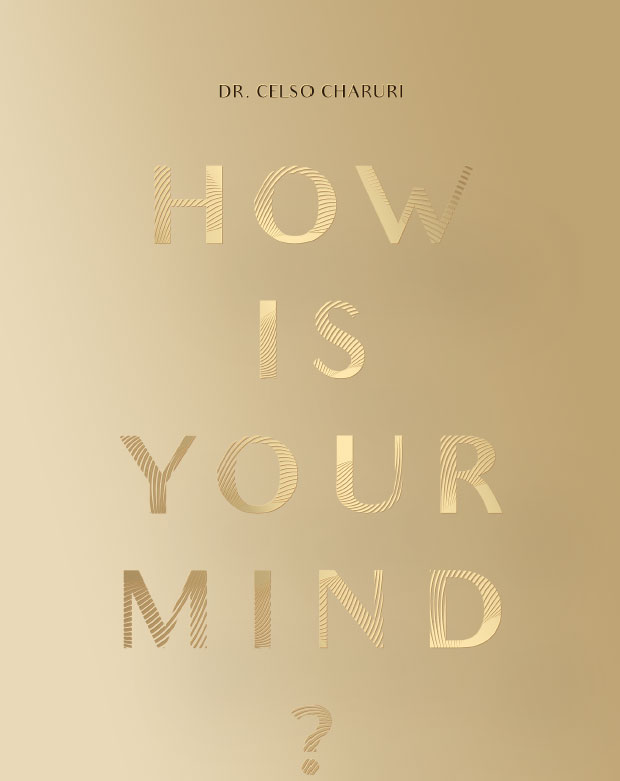Why Martial Arts?
Why Martial Arts?

When we think about martial arts, the first image that comes to mind is that of a fight.
But we know that the concept of martial arts encompasses a complete training system that goes way beyond pure and simple combat. Encyclopedias and dictionaries now include another important element in their definitions: philosophy. Yes, a martial art is a set of combat techniques and traditions; however, what makes it sustainable is that these techniques are linked to their own philosophy. Each martial art has inherited a certain tradition, being a coherent whole in which the techniques are framed by philosophical concepts and also by traditional rituals innate to the culture they originated from.
In addition there is another aspect very typical of martial arts: grading. Each specialty – or specific fight style – has a scale or levels according to the evolution of the practitioner. And so, both are rewarded: physical progress through the practice of techniques that are increasingly advanced and philosophical progress, not as visible to the layperson. The combat techniques undoubtedly constitute the most evident facet of martial arts, since the efficiency of the moves or lack of it is easily observable. However one of the aspects that is most attractive and catches the attention of the layperson is not the combat itself but rather the discipline involved in the training. Discipline is required not only for the physical training but also for philosophical practice. It is the philosophical concepts and traditional rituals that make a simple combat a martial art, and not the efficacy of its moves.
The ancient oriental tradition that attracts and delights occidental people so much takes place through the transmission of the teachings by the figure of a master. The infinite master-disciple chain becomes stronger the more faithful they are to the teachings. In this way, the inheritance becomes a legacy not only for the disciple but also for humanity itself. The knowledge preserved through the exercise of Respect is the great mark of martial arts.

At first, with the vigor of the physical body, the practitioner emphasizes only physical training. The Master, then, following their evolution, provides elements so that they can advance according to their new abilities. A long time goes by in this way. For many martial artists, for a long time, everything is about the attack and defense techniques and their endless polishing. The tradition inherited by each one of the arts defines a unique style that contains techniques developed according to the era and the location where they emerged. They all strive for efficiency in combat, maximum observance of tradition and also adaptation to the reality in which they will be practiced. Thus one aims for invincibility.
Over time and with the conquest of serenity, the martial artist begins to envision other possibilities. Then, more subtle aspects become more evident, and the master can present, at the right time, elements that develop not only the body but also the mind and spirit. The presence of the master in the martial tradition is highly important for the technique-philosophy-spirituality triad to be presented in a fair manner to each one. And it is this ancient knowledge that, being hidden behind combat techniques, makes martial arts so attractive.

Nowadays we recognize the great benefit of the exercises, practices and philosophy contained in martial arts. The search for the real meaning of life is still something that moves human beings. For thousands and thousands of years, great martial arts masters have stated that the work of the disciple must be to channel internal energy through training and discipline, thus unifying mind, body and spirit, having integration man-universe as the final objective. The training of martial arts, with the proper time and dedication, removes the martial artist from the preliminary antagonism of physical combat and takes them to a transformation of their own being.
The true nature of martial arts consists exactly of this change in focus: it is not a matter of overcoming the opponent, but rather to overcome yourself.









